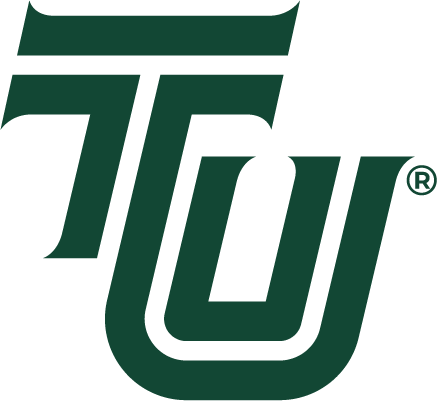
BACHELOR OF SCIENCE COMPUTER SCIENCE – VIDEO GAME DESIGN
Tiffin University, Tiffin
Study Abroad
IELTS
Sign in
Sign Up


Tiffin University, Tiffin

BACHELOR OF SCIENCE COMPUTER SCIENCE – VIDEO GAME DESIGN
Tiffin University, Tiffin
It is a top-ranked institution in USA
Degree
Undergraduate
Duration
48
Course Type
With Co-op
Co-op education gives you real-world experience in a job related to your studies.
INR
28.69L
USD 33756
1st Year Tuition Fees
Opening Soon
Opening Soon